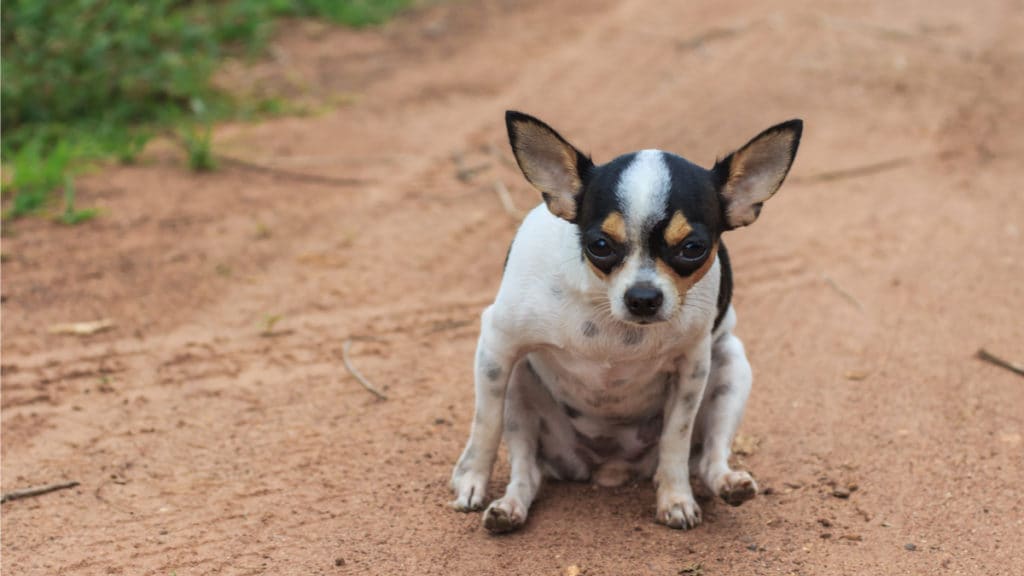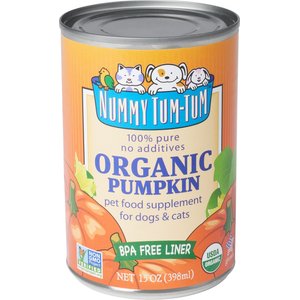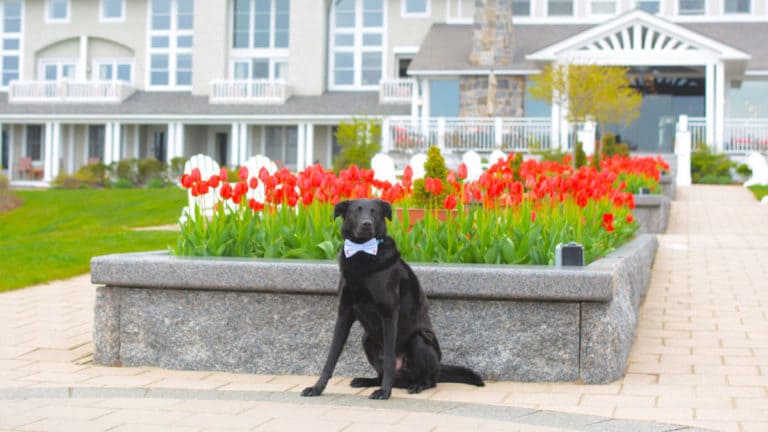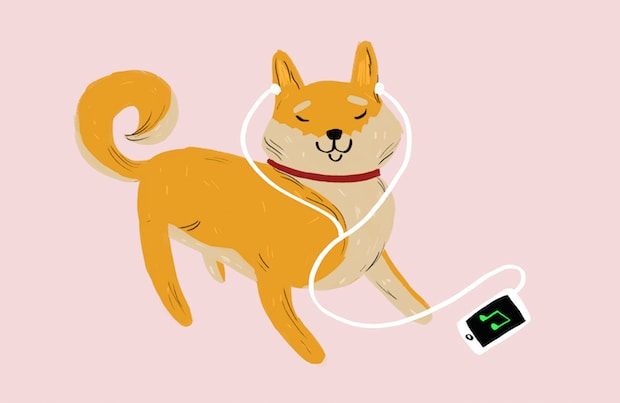It’s a question asked by almost every dog owner: Why is my dog scooting? This issue usually points to the dog’s anal glands, also known as scent glands.
All About Anal Glands
In the wild, wolves and other distant canine cousins use scent glands located on either side of their bum to mark their territory. These glands emit a pungent odor that can be detected from far away, helping wild canids communicate with each other and stay out of each other’s way.
Dogs also have these scent markers, and if you have ever smelled the decidedly strong odor of material secreted from an anal gland, then you are well aware of the presence of glands—especially if your dog has ever had any issues with anal glands.
Normally, when a dog defecates, feces compresses the two scent glands on its way out of the anus, and the glands secrete micro-amounts of scent material on their poo. Dogs also express their anal glands when they are frightened, which is why your dog might smell funny if he ever gets scared or stressed.
The glands are located just inside the anus, at the 4 and 7 o’clock positions. The material contained in a normal gland has a watery consistency and is brown or tan in color. Anal scent material smells very different than flatulence or feces. It has a distinct fish-like odor and can be difficult to remove from clothing or skin without vigorous scrubbing.
Dog Scooting May Mean Anal Gland Problems
Sometimes, for different reasons, dogs don’t express their anal glands normally. When this happens, the glands will fill up, become impacted and inflamed, and in severe cases, create an anal gland abscess. Infected or inflamed anal glands are swollen, red, hard and may break up and drain pus onto the skin next to the anus. This is a painful condition, and your dog might try to fix it himself by scooting—dragging his bum on the carpet—or excessively licking his bum.
If your dog is scooting and the glands are simply full, then sometimes you can treat the problem by expressing the glands once or twice and then adding some fiber to the diet in the form of canned pumpkin, like Nummy Tum-Tum’s organic pumpkin for pets, to bulk up the stool. Some dogs just can’t seem to express their glands on their own and require anal gland expression every four to six weeks, either at the veterinary office or the groomer.
Dogs also may scoot for other reasons, including worms or allergies.
Anal Gland Impactions, Infections and Abscesses
If the gland has become infected or if there is an abscess, then more extensive treatment is required. Anal gland abscesses can turn into a ruptured anal gland, which creates an open wound on your pup’s backside, so it’s important to get this checked out as soon as possible. Your dog may be sedated so that the abscess can be lanced and drained, and then the gland can be packed with an antibiotic and steroid to treat inflammation and infection.
These dogs are typically sent home with pain medications and antibiotics to manage the infection. I always recommend that owners apply a warm Epsom salt poultice twice daily to the affected area to encourage drainage of infection. If your dog has an anal gland abscess, then it will likely drain for a couple of days, so you may want to keep a diaper on your dog to keep the mess contained.
The cause of anal gland impaction or abscesses is not completely understood. It may be due to the anatomy of the pelvis, genetics or a lack of fiber in the diet. Sometimes, if the dog has been through a stressful event, has under gone surgery, has recently had diarrhea or constipation, or another infection, they can develop an anal gland problem.
Expressing Anal Glands
If you have a dog scooting or suspect that he has a problem with anal glands, talk with your veterinarian.
While you can have the anal glands expressed at the groomer, groomers only express the glands externally, and may not completely evacuate the gland. A veterinarian or veterinary technician is trained to manually express the gland from inside the anus, which is a more complete treatment, and a veterinary professional can further advise you on how to prevent reoccurrence of the problem.
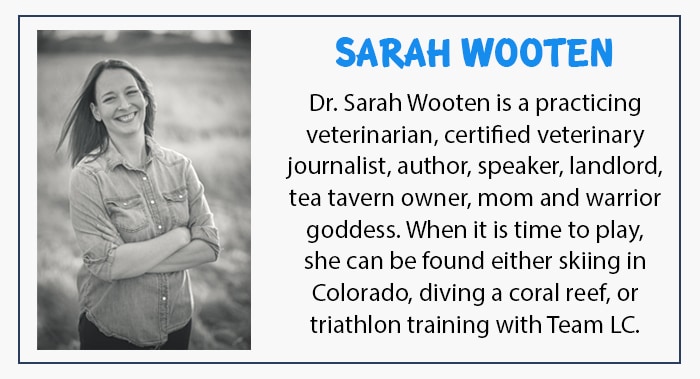
Featured Image: boyphare/Shutterstock.com
Share:
